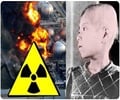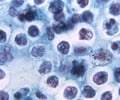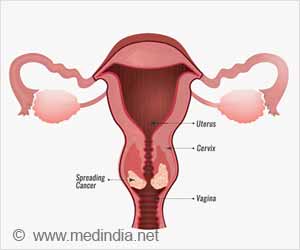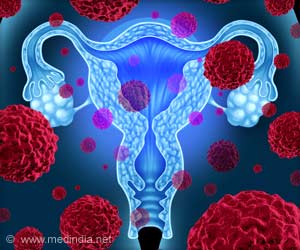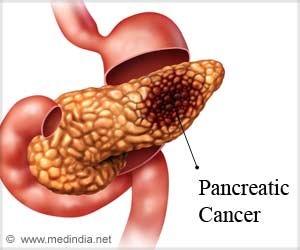According to researchers, common cancer treatments such as radiation therapy and chemotherapy may have the undesirable effect of helping to create cancer stem cells.

Past studies hint that cancer stem cells give rise to new tumors and researchers suggested that they are ultimately responsible for the recurrence of cancers and the dangerous spread of a cancer throughout the body.
Scientists also have found that cancer stem cells are more likely than other cancer cells to survive chemotherapies and radiation therapies, probably because their "stemness" allows them to self-replenish by repairing their damaged DNA and removing toxins.
The exact origin of cancer stem cells is debated. One possibility is that normal stem cells - which are valued for their ability to give rise to other cell types in the body - mutate to become cancerous. Another is that regular cancer cells somehow acquire stem cell properties.
The new study suggests regular cancer cells can indeed give rise to cancer stem cells, and that the radiation commonly used to treat cancer can trigger their stemness.
"Radiotherapy has been a standard treatment for cancer for so long, so we were quite surprised that it could induce stemness," Live Science quoted study researcher Dr. Chiang Li, of Harvard Medical School in Boston, as saying.
Advertisement
Additionally, analysis of these irradiated cancer cells revealed activity of genes linked with stem cell behaviors, according to the findings the scientists detailed online in the journal PLoS ONE.
Advertisement
"So radiation and chemotherapy not only might create cancer stem cells, any pre-existing cancer stem cells in a tumor were very resistant to radiation and chemotherapy, so they remain as well," Li said.
"This could help explain why these therapies are sometimes not as effective as we might hope," the researcher added.
However, Li cautioned these lab findings might not prove relevant in patients in real life.
"This was all carried out in the petri dish. There is a long way we have to go before we can be sure about its clinical implications for patients, if any," he said.
Still, this research suggests that if scientists find a way to inhibit stemness in cancers, radiation therapy and chemotherapy then might cleanly finish off tumors.
Source-ANI

